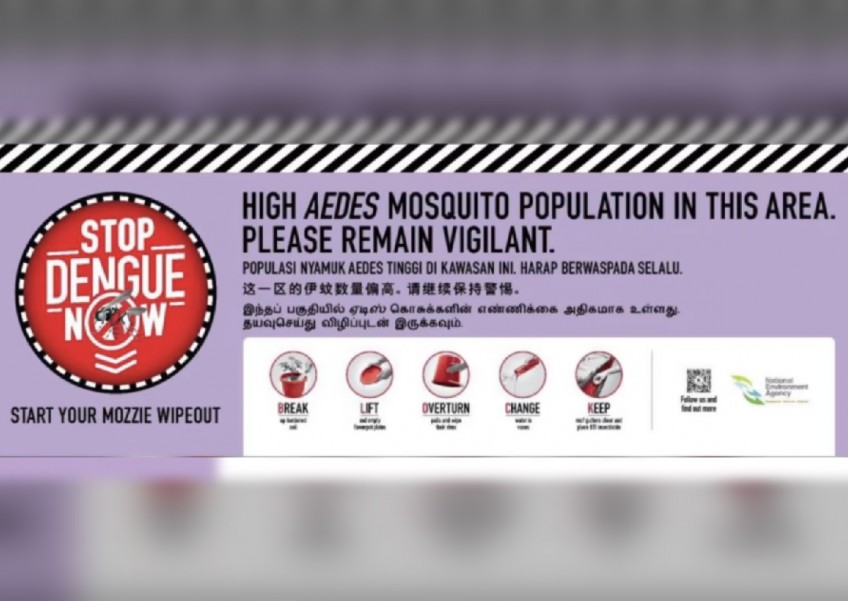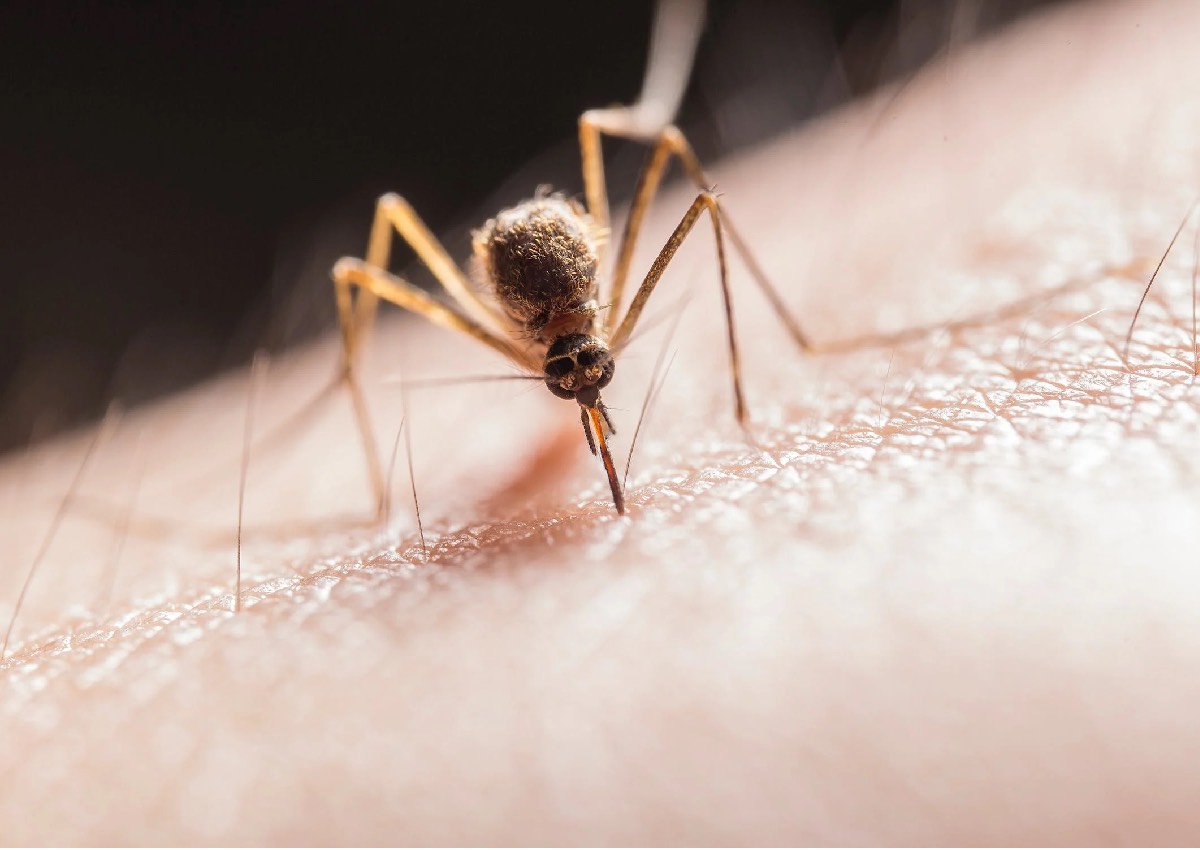Essential dengue prevention tips you must be aware of to safeguard your home


If you're not already aware of the rising dengue cases, have you been living under a rock? …And did you check it for mosquitoes? But fear not; we'll get you up to speed. In this article, we'll take you through the current case numbers, what the National Environment Agency (NEA) is doing to tackle this issue, and most importantly, dengue prevention tips to protect yourself, your loved ones, and your community from this growing health threat.
First things first - the statistics paint a concerning picture.
To put it into perspective, in the week ending Sept 16, 2023, a whopping 330 dengue cases were reported, a spike of 69 cases compared to the previous week. There are currently 58 active dengue clusters, and a striking 11 of them have raised the red flag, indicating clusters with ten or more cases.
Some areas are seeing dengue transmission at warp speed - take a look at the table below for a quick summary.
Adding to the challenge, 26 Zika cases have been reported so far this year. The good news is that the 15-case Zika cluster at Highland Walk, Kovan Rd, and Upp Serangoon Rd has been contained and closed.
| Dengue Clusters | Number of cases |
|---|---|
| Science Park Drive | 81 |
| Lentor Loop | 53 |
| Club Street | 42 |
| Angklong Lane | 68 |
| Eng Kong Road | 51 |
| Toa Payoh (Lorong 1, Lorong 2 Toa Payoh) | 326 |
| Toa Payoh (Lorong 1A Toa Payoh) | 181 |
| Total number of dengue infections in 2023 | 6,758 |
For one, the Dengue virus serotype 1 (DENV-1), previously less prevalent, has been making a comeback. And, as if that weren't enough, the warmer months from May to October, when the Aedes mosquito vector thrives, usually witness higher dengue transmission. This is due to the mosquitoes multiplying the Dengue virus faster. It's like the perfect storm for dengue, and it calls for immediate action.

Before we dive into prevention, let's talk symptoms.
Dengue and Zika infections can sneak up on you, so it's essential to know what to look for.
The NEA has an ace up its sleeve - Project Wolbachia. This programme produces millions of non-biting male Aedes aegypti mosquitoes every week and releases them to specific locations to mate with the females.
But why produce more mozzies when we already have a growing dengue problem?
Well, these guys are a little different.
These males carry the Wolbachia bacteria, ensuring that the resultant eggs from mating don't hatch. This strategy helps suppress the mosquito population.
Simply put, we're fighting fire with fire.
While Project Wolbachia has seen some success (with Aedes aegypti mosquito populations falling by up to 98 per cent in areas like Tampines, Yishun, and Choa Chu Kang), it hasn't led to consistent drops in dengue cases across the board since its launch in 2016.
Why, you ask? Well, if there are tons of mosquitoes out there, the Wolbachia sent out can't compete. They'd be overwhelmed. So, while Wolbachia is a key player in the game, it needs some backup.
Now, let's discuss what you can do to combat the spread of dengue and Zika, focusing on the "SAW" approach:

Remember, you're not in this fight alone. You can also rally the community to practise the "B-L-O-C-K" steps:
This isn't just about protecting your home; it's about creating a mosquito-free environment for everyone. So, all hands on deck, yeah?
In conclusion, the surge in dengue cases is indeed concerning, but by following these essential dengue prevention tips and uniting with your community, you can be a part of the solution.
Let's fight back against the buzzing menace and make our homes safer for all.
ALSO READ: Risk of surge in dengue cases as previously dominant virus strain rapidly spreading: NEA